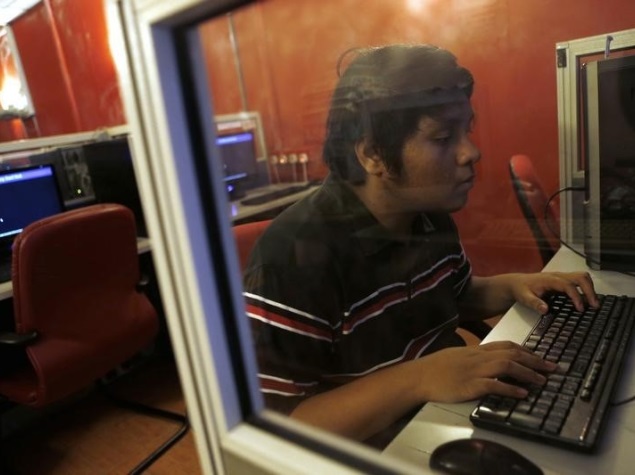- Home
- Internet
- Internet News
- Brazil Unveils New Regulations to Tighten Internet Security
Brazil Unveils New Regulations to Tighten Internet Security

The 'Marco Civil da Internet' bill was signed into law in April by President Dilma Rousseff, and defines the duties and rights of Internet users and providers.
The new online regulations came into effect Monday.
Online security and privacy issues attracted attention in late 2013 after reports that the US government had spied on Brazil's private communications, including e-mails and phone calls.
The reports said that President Rousseff, government officials, and Petrobras, Brazil's state-controlled oil and gas company, were targeted.
The new law means providers can sell Internet access services based on maximum speed, but cannot restrict content.
To ensure users' privacy on the web, Internet providers, for example, are forbidden from spying on the content that their clients access.
Companies are also forbidden from selling people's personal data.
In a move to ensure freedom of expression, companies cannot remove content posted by users without a court order.
Catch the latest from the Consumer Electronics Show on Gadgets 360, at our CES 2026 hub.
Related Stories
- Samsung Galaxy Unpacked 2025
- ChatGPT
- Redmi Note 14 Pro+
- iPhone 16
- Apple Vision Pro
- Oneplus 12
- OnePlus Nord CE 3 Lite 5G
- iPhone 13
- Xiaomi 14 Pro
- Oppo Find N3
- Tecno Spark Go (2023)
- Realme V30
- Best Phones Under 25000
- Samsung Galaxy S24 Series
- Cryptocurrency
- iQoo 12
- Samsung Galaxy S24 Ultra
- Giottus
- Samsung Galaxy Z Flip 5
- Apple 'Scary Fast'
- Housefull 5
- GoPro Hero 12 Black Review
- Invincible Season 2
- JioGlass
- HD Ready TV
- Laptop Under 50000
- Smartwatch Under 10000
- Latest Mobile Phones
- Compare Phones
- Tecno Spark Go 3
- iQOO Z11 Turbo
- OPPO A6c
- Samsung Galaxy A07 5G
- Vivo Y500i
- OnePlus Turbo 6V
- OnePlus Turbo 6
- Itel Zeno 20 Max
- Lenovo Yoga Slim 7x (2025)
- Lenovo Yoga Slim 7a
- Lenovo Idea Tab Plus
- Realme Pad 3
- Garmin Quatix 8 Pro
- NoiseFit Pro 6R
- Haier H5E Series
- Acerpure Nitro Z Series 100-inch QLED TV
- Asus ROG Ally
- Nintendo Switch Lite
- Haier 1.6 Ton 5 Star Inverter Split AC (HSU19G-MZAID5BN-INV)
- Haier 1.6 Ton 5 Star Inverter Split AC (HSU19G-MZAIM5BN-INV)

















